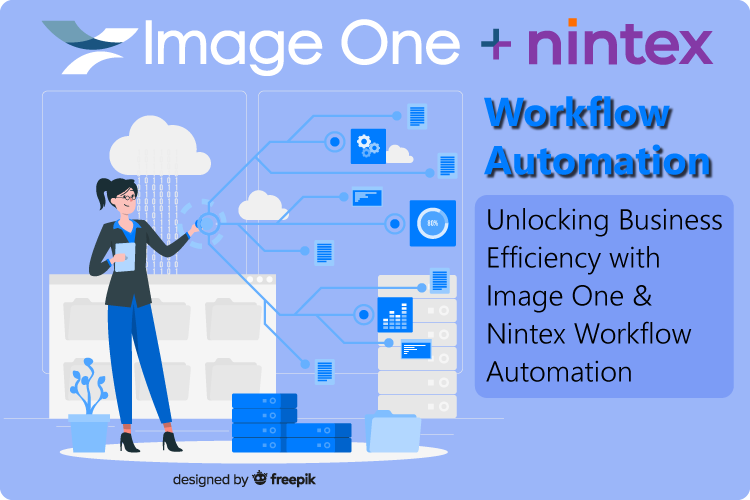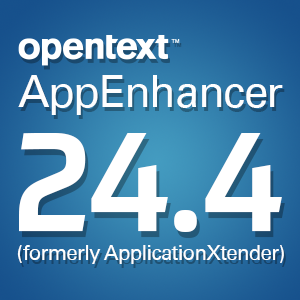Information governance a top priority
Tuesday, May 28, 2013An enterprise's ability to manage, access and use information can have a significant impact on the effectiveness of its decision-making. As firms look to gain an edge over competitors, information governance can play a key role in these efforts. By implementing the most advanced digital document management systems, companies have the opportunity to provide staff with quicker retrieval of data for improved efficiency and productivity across all departments.
Recent studies by KPMG and CFO Research revealed that finance executives in particular are looking to strengthen information and analytics capabilities for better planning and business expansion.
"We are finding that CFOs want to empower their finance organization and their C-level peers to make better business decisions aligned with a broader enterprise strategy," said Don Mailliard, financial management partner at KPMG. "Years of technology spending have yielded a continued struggle for insight, and now CFOs are looking for a different approach that will help them gain that insight and convert it to action."
According to the report, many CFOs are considering the adoption of new tools and consolidation of systems as part of their strategies for expansion. Nearly two-thirds of CFOs surveyed felt that their technology platform is too complex, and also that the financial and performance data used for decision-making is not as useful as it should be. Additionally, the report revealed that almost three-quarters of respondents expect to continue to adopt mobile devices in the enterprise over the next two years.
"Mobility is a game changer for many of these organizations as a viable alternative for their most critical information," Xena Ugrinsky, enterprise performance and analytics partner at KPMG, explained. "In order to achieve long-term success in this environment, CFOs and CIOs are modernizing existing information systems to allow knowledge to flow to new devices."
Heightened pressure for control
Information Management reported that enterprises face rising challenges due to an increasing amount of data and additionally, ever-tightening regulatory compliance requirements. The news source asserted that firms will need to seek solutions that offer robust reporting and enhanced visualization for improved analytics. Further, data management needs to include embedded workflows and account for a wide variety of data states and structures. While new sources and channels of information have complicated control, new digital solutions can ensure that data is effectively organized and stored for optimal accessibility.
Data is any organization's most valuable asset. But in order to mine information for maximum insight, enterprises need to leverage the right technologies for structuring and analyzing it.
Brought to you by Image One Corporation providing complete information governance since 1994.




